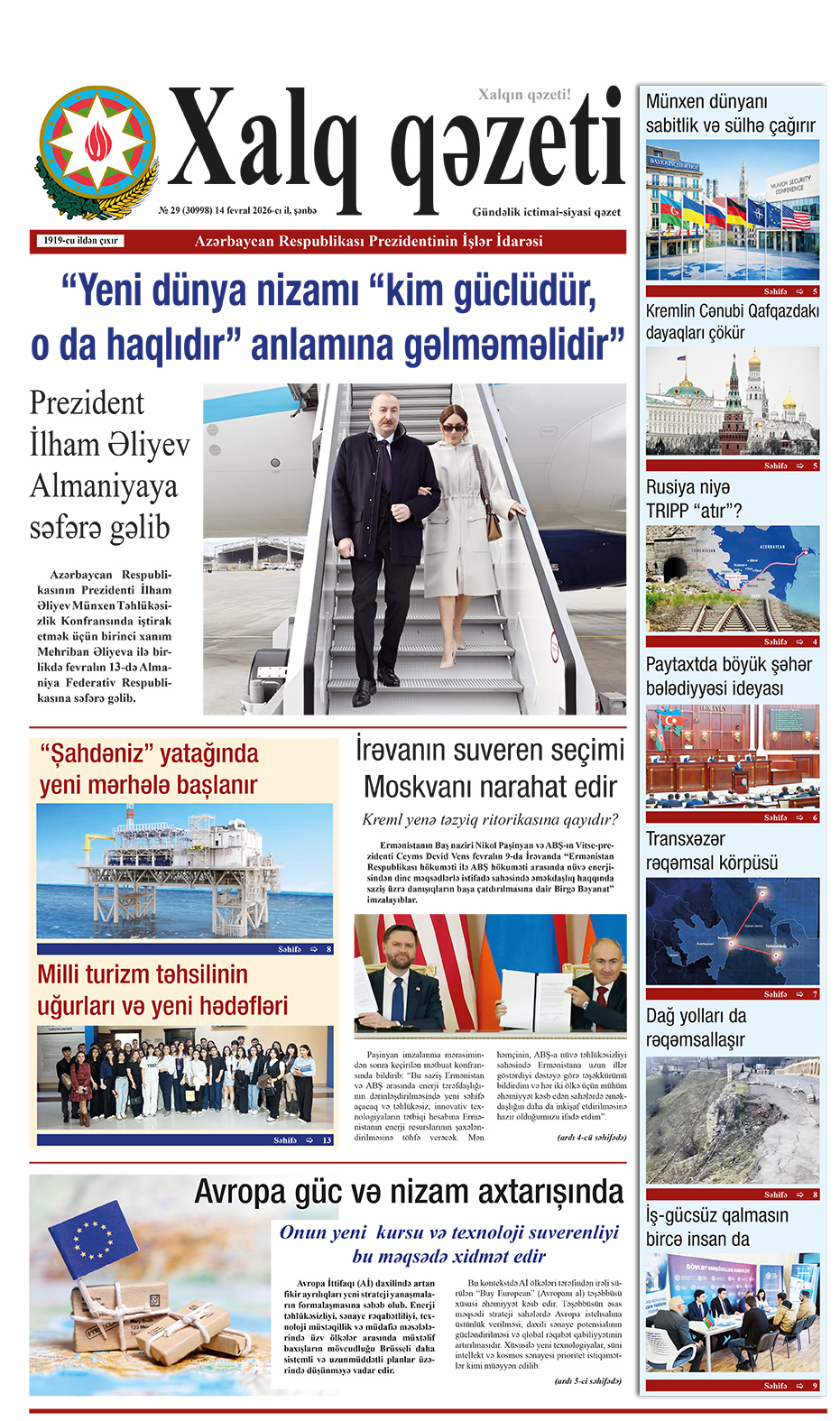ByDR. NATI BLUM, ARI MANOR
New MIT study reveals: Using AI for writing leads to a 55% decrease in brain activity and severe memory difficulties in 83% of participants.
Imagine the following scenario: Moshe, a 70-year-old retiree, is preparing to give a speech at his granddaughter’s birthday celebration. He sits in front of the computer and struggles to find the right words. Suddenly, he remembers the new tool everyone is talking about – ChatGPT. With slight hesitation, he types a few sentences, and the AI returns an impressive, articulate, and well-crafted draft. Moshe reads it and is impressed: The effort was spared, and the speech is ready.
But on the day of the event, as he stands in front of the excited audience, he is shocked to discover that he cannot remember entire parts of the text he “wrote” with the help of the computer. As if the words passed through him but never etched into his memory. After the event, he wonders: Is it possible that by letting the computer do the work, his brain became lazy?
MIT research: “Cognitive debt” and decline in brain activity
A similar question recently preoccupied researchers at MIT’s Media Lab. In a new study, 54 volunteers were connected to EEG sensors (recording brainwaves) while asked to write essays in three different ways: One group wrote without any help, a second group used a search engine to find information, and the third group used AI assistance (ChatGPT).
The results showed distinctly different brain activity patterns between the writing methods. Participants who used AI showed the lowest level of brain engagement – by some metrics, they had about 55% less brain activity compared to those who wrote independently. In contrast, the “brain-only” group (no tech) demonstrated the strongest and widest brain connectivity, while the search engine group fell in the middle between the other two.
It’s not just about numbers – the AI group also exhibited significant memory difficulties. More than 83% of participants who wrote with ChatGPT couldn’t recall even one sentence from their essay when asked just minutes after writing. In comparison, only about 11% of those who wrote without assistance struggled to recall their text. In other words, when the computer does the “hard work,” it seems the information passes through the brain superficially and doesn’t embed in deep memory.
Even more concerning: The study revealed that AI use may leave a lasting effect. When participants from the AI group were later asked to write without any tools, their brains still showed less coordination and effort compared to those who always wrote unaided. Additionally, they tended to use vocabulary and phrasing characteristic of the style ChatGPT “likes” to generate – as if the AI style had stuck to them unconsciously.
Researchers named this phenomenon: “Cognitive Debt.” The idea is that we’re essentially taking a “loan” from our future cognitive abilities in favor of immediate convenience. In the short term, mental effort is saved, but in the long term, a “debt” must be paid: Abilities such as critical thinking, creativity, and resistance to manipulation may be impaired. It’s important to note: These findings are preliminary only – this is a pioneering study that has not yet undergone peer review and dealt with a specific writing task. However, the thought-provoking results suggest that there may be a hidden cost to the convenience AI offers us.
Artificial Intelligence: Not “the enemy of the brain” but a tool that requires balance
Here’s where we calm down: Artificial intelligence is not the enemy. Technologies like ChatGPT, GPS, or even a pocket calculator help us in daily life and can even enhance learning in various fields. It all depends on how and to what extent we use them.
Police prepare indictment on Tel Aviv man who spied for Islamic RepublicAuthorities gathered from the investigation that he received thousands of dollars in cryptocurrency for his actions.Jpost - Israel News
Rabbi Butbul calls Yuli Edelstein ‘traitor’ over draft law'There’s someone in Likud who is a traitor to Israel and a scheming saboteur because he wants to rule and become prime minister,' says Butbul.Jpost - Israel News
A striking example is the so-called “Google Maps Effect”: Studies have found that excessive reliance on GPS can weaken our spatial memory, while independent navigation without aids forces the brain to work and improves mental mapping skills. London taxi drivers, for instance, who must memorize the city’s streets by heart, developed a larger and more developed hippocampus (the brain region responsible for spatial memory) than drivers who constantly rely on satellite navigation. The brain truly is like a muscle: Challenge and train it – and it strengthens; let devices do the work for it regularly – and it may atrophy.
In other words, using AI in itself is not a bad thing. It’s similar to using a calculator for math: It saves us tedious work, but that doesn’t mean we want to lose the ability to calculate ourselves. Even the MIT researchers emphasize that the conclusion is not “stop using AI,” but rather, use it wisely. It’s like a navigation rule of thumb: Use GPS to reach a new destination, but turn it off on the way back to practice your spatial memory.
Another analogy comes from the fitness world: Using AI in thinking tasks is a bit like wearing a back brace when lifting weights. The brace supports heavy lifts and prevents injury, but if we use it in every exercise – our core muscles will weaken over time. So it is with AI: An excellent support tool, as long as we don’t let it become a permanent replacement for human cognitive effort.
Tips for smart AI use (and keeping your brain fit)
● Write by yourself first: Try to begin cognitive tasks on your own before turning to AI help. For example, when writing a text: Draft it in your own words first, and only afterward, if needed, consult AI for improvement or refinement. In fact, the MIT study found that participants who wrote first by themselves and only then used ChatGPT actually showed an increase in their brain connectivity – suggesting that this kind of strategic AI combination might help rather than harm.
● Edit and add personal input: If you used AI to create a draft, go over it yourself. Revise phrasing, add examples or your own tone. This ensures your brain remains engaged and the final text reflects your own thoughts. English teachers who reviewed essays written with AI noted that while the writing was technically correct, the content felt “flat” and devoid of personal soul. Your editing is what brings back the “soul” and unique style to the text.
● Rehearse out loud: After writing (with or without computer help), try summarizing the main points to yourself or others without looking at the text. This kind of oral recall forces the brain to retrieve information from memory and reorganize it in your own words. It’s a great way to ensure that you understood and remembered the content, not just “copied” it from the outside. This technique of active recall is known to strengthen memory and transfer information to long-term memory.
● Make the information meaningful: Connect the text or ideas to personal experiences, prior knowledge, or rich and unusual mental imagery. Information that gets emotional or personal meaning is processed more deeply in the brain and therefore imprints better in long-term memory. That is, if you make the content AI helped you create resonate with you – your emotions, memories, or questions that intrigue you – it will go beyond the surface and become vivid and meaningful content.
In conclusion, artificial intelligence is a powerful tool that can advance us – from streamlining daily tasks to supporting creation and writing. But at the same time, our brain is a muscle, and like any muscle, it needs training and challenge. If we turn AI into permanent “crutches” instead of activating our mental muscles, we may pay a price in the long run. With smart and balanced use – combining the benefits of AI with active engagement of our thinking, memory, and creativity – we can enjoy the best of both worlds: Getting the most out of technological advancement without giving up the resilience of our minds and souls.


















